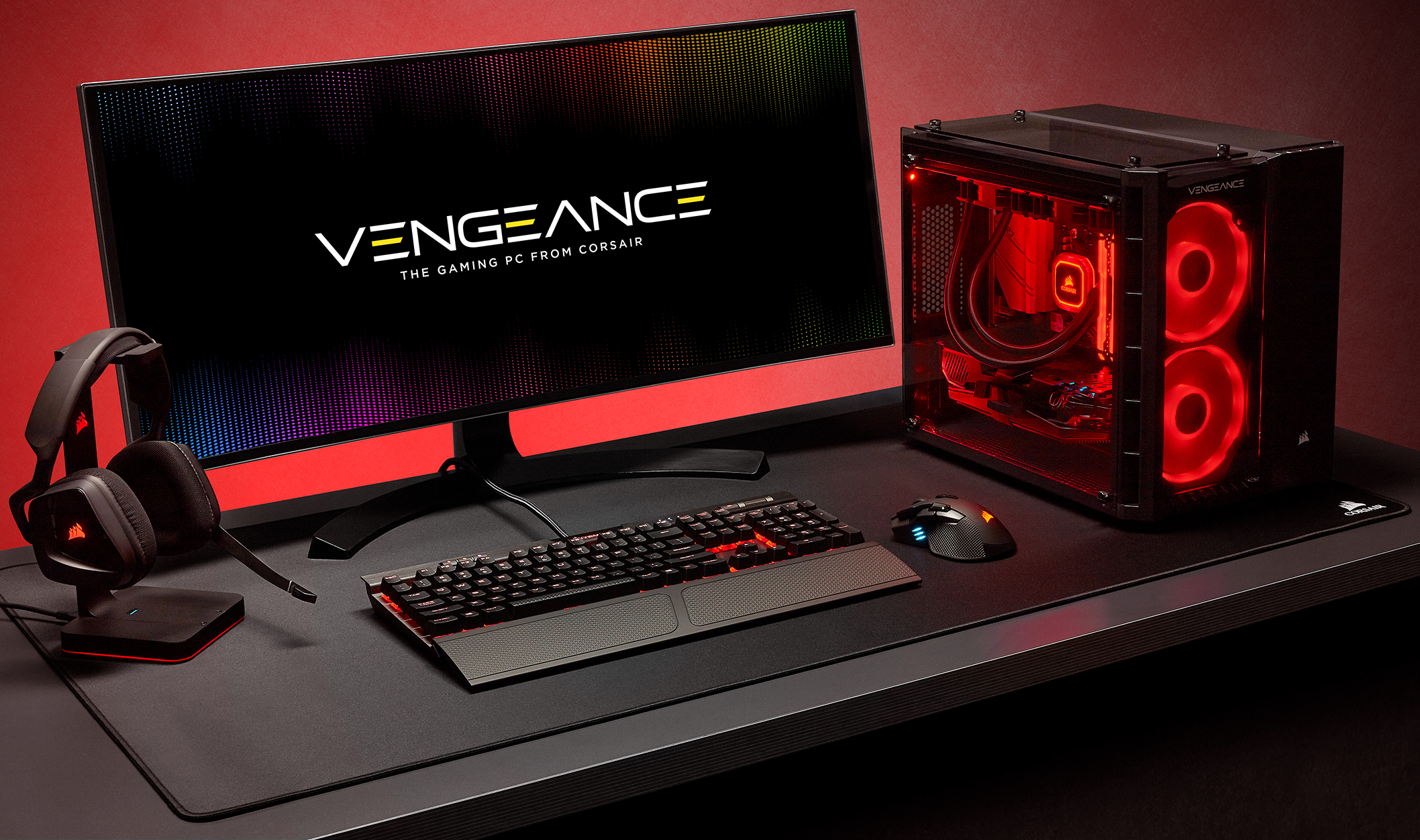The gaming industry, once a niche market, has evolved into a multi-billion dollar powerhouse, driving significant demand for talent. The process of hiring in this dynamic sector is unique, encompassing a wide range of skills and expertise. From game designers and developers to marketing professionals and community managers, the landscape of employment in gaming is as diverse as the games themselves. This article explores the essential elements and trends in the gaming hiring process, providing insights into the industry’s vibrant job market.
The Diverse Roles in the Gaming Industry
One of the most striking aspects of the gaming industry is the sheer variety of roles it encompasses. Unlike traditional sectors, where job roles may be more homogeneous, the gaming industry requires a multitude of specialized skills. Game developers and designers are at the forefront, creating the immersive worlds and compelling gameplay that captivate millions. Artists and animators bring these worlds to life with stunning visuals, while sound designers add the crucial auditory elements that enhance player experience. Additionally, roles such as testers, who ensure the games are free of bugs, and writers, who craft the narratives, are indispensable. Beyond the creative team, business and marketing professionals play a critical role in bringing games to market and building a community around them.
Skills and Qualifications: What Employers Seek
Hiring in the gaming industry is highly competitive, with employers seeking candidates who not only possess technical skills but also a deep passion for gaming. For technical roles, proficiency in programming languages like C++ and Python, experience with game engines such as Unity and Unreal Engine, and a strong understanding of game design principles are often essential. Creative roles require a robust portfolio that demonstrates an applicant’s ability to produce high-quality work, whether in art, animation, or sound design. Furthermore, soft skills such as teamwork, communication, and problem-solving are increasingly valued, as game development is inherently a collaborative process. Many employers also look for candidates who stay abreast of industry trends and continuously hone their skills through self-learning and participation in gaming communities.
The Impact of Technology on Hiring Practices
Technological advancements have significantly influenced hiring practices in the gaming industry. The rise of online portfolios and digital platforms has made it easier for candidates to showcase their work and for employers to identify talent. Tools like GitHub and ArtStation allow developers and artists to display their projects and receive feedback from peers and potential employers. Virtual reality (VR) and augmented reality (AR) are also becoming important in the hiring process, particularly for roles that involve working with these technologies. Moreover, the prevalence of remote work has expanded the talent pool, enabling companies to hire skilled professionals from around the globe. This shift has also led to more inclusive hiring practices, as geographic limitations become less of a barrier.
Challenges and Future Trends in Gaming Hiring
Despite its growth and dynamism, the gaming industry faces several challenges in hiring. The fast-paced nature of the industry can lead to high turnover rates, as professionals seek new opportunities and projects. Additionally, there is a persistent issue of diversity, with underrepresentation of women and minorities in many roles. Addressing these challenges requires deliberate efforts to create inclusive work environments and provide equal opportunities for advancement. Looking ahead, the industry is likely to see continued demand for specialized skills, particularly in areas like VR, AR, and artificial intelligence. As gaming technology evolves, so too will the skills required, necessitating ongoing education and adaptability among professionals. The integration of more sophisticated AI and machine learning techniques in game development will further transform the hiring landscape, demanding new expertise and innovative thinking.
Conclusion
The gaming industry’s hiring practices reflect its dynamic and innovative nature. With a broad spectrum of roles and a high demand for specialized skills, the sector offers exciting opportunities for those passionate about gaming. As technology continues to advance and the industry expands, the need for talented professionals will only grow. By staying informed about industry trends and continuously developing their skills, candidates can position themselves for success in this vibrant field. Employers, on the other hand, must navigate the challenges of attracting and retaining diverse talent, ensuring they foster inclusive environments that leverage the full potential of their teams.Games hire




